Find Help
More Items From Ergsy search
-
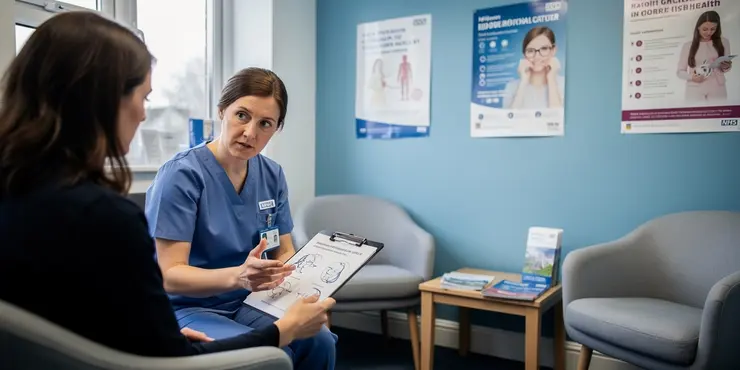
Endometrial Cancer
Relevance: 100%
-
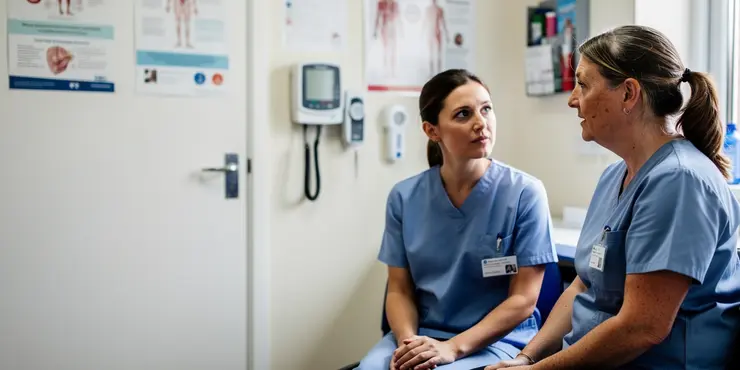
Endometrial Cancer
Relevance: 100%
-
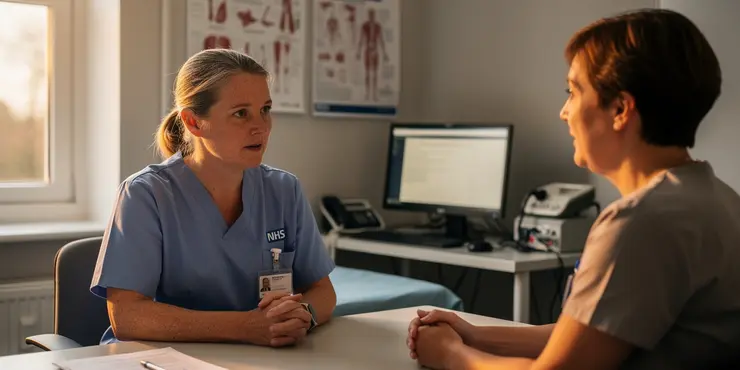
Endometrial Cancer
Relevance: 98%
-
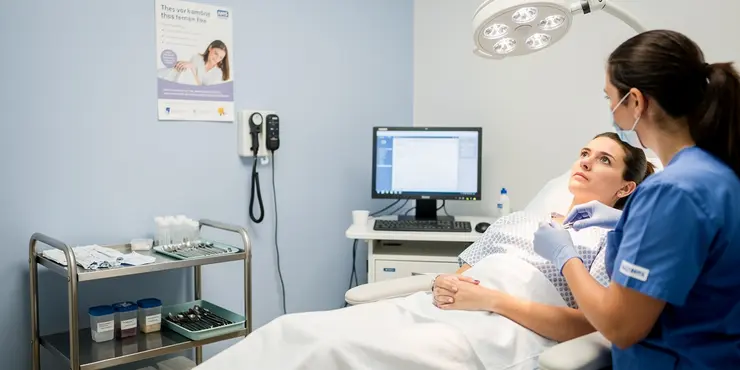
Can a womb lining test detect cancer?
Relevance: 54%
-
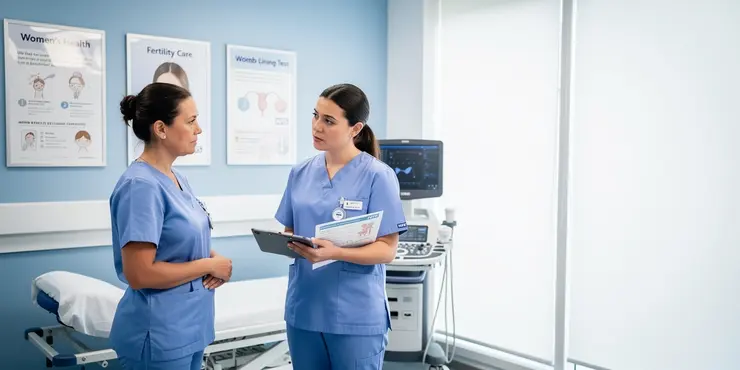
Can a womb lining test detect cancer?
Relevance: 46%
-

Taking a Genetic Family History - The Conversation (Bowel Cancer)
Relevance: 34%
-
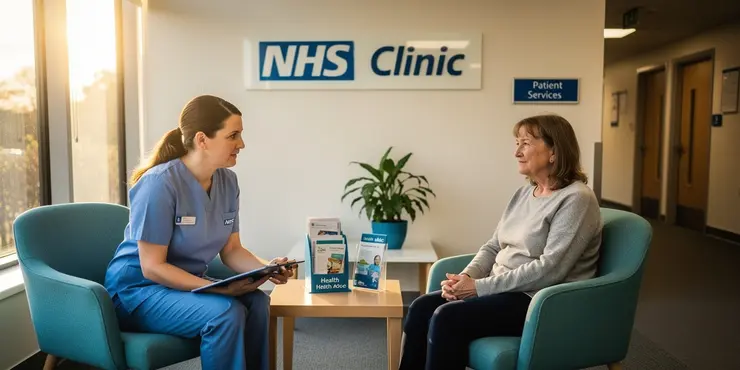
What is Cancer?
Relevance: 31%
-
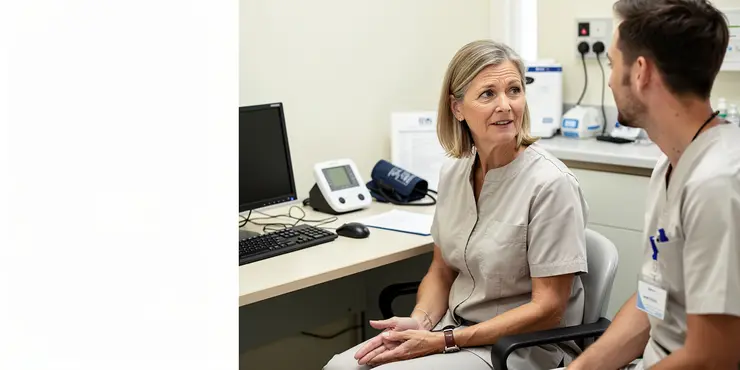
Ovarian Cancer
Relevance: 31%
-
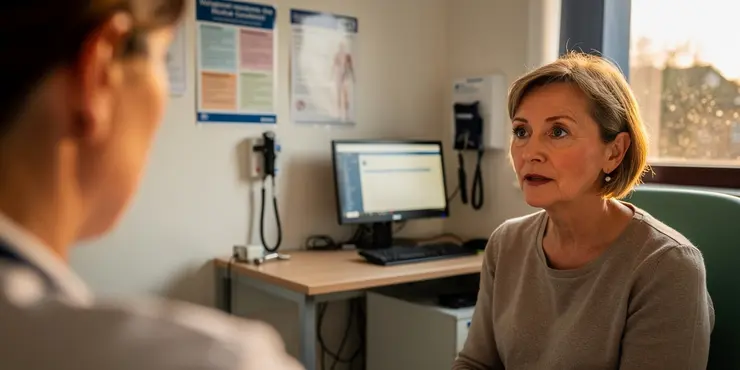
Vaginal Cancer
Relevance: 31%
-
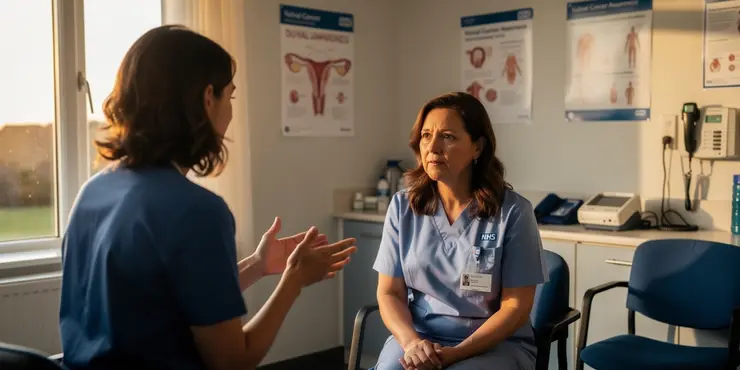
Vulval Cancer
Relevance: 31%
-
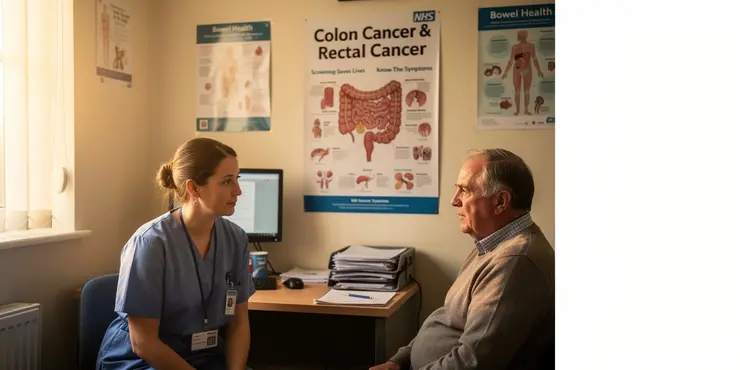
What is the difference between colon cancer and rectal cancer?
Relevance: 31%
-
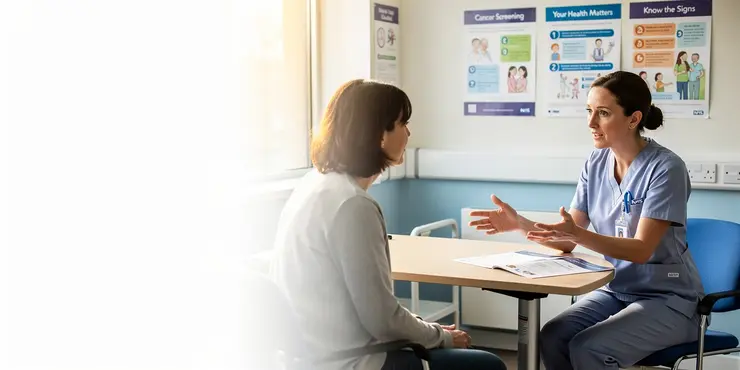
What is cancer screening?
Relevance: 30%
-
What is testicular cancer?
Relevance: 30%
-
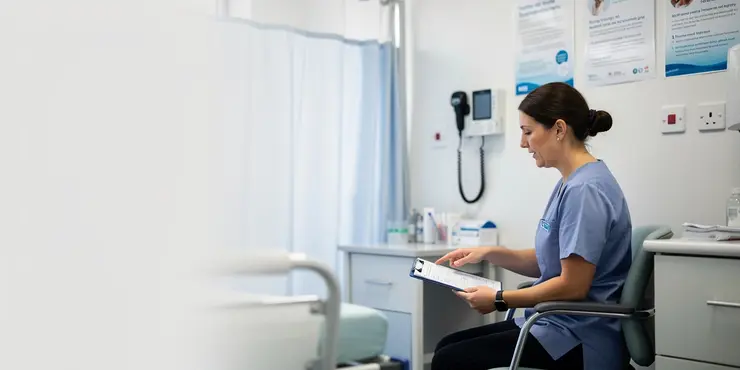
Why might someone need a womb lining test?
Relevance: 30%
-

What is colorectal cancer?
Relevance: 30%
-
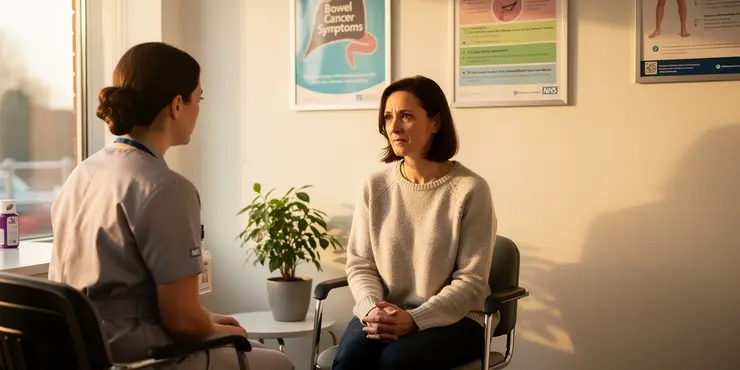
What is Bowel Cancer?
Relevance: 30%
-
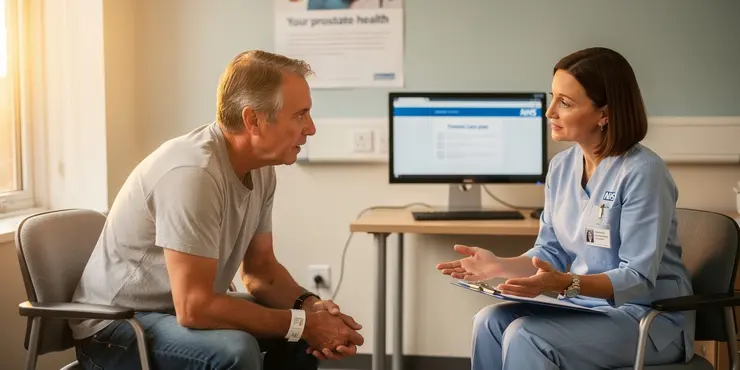
Treating prostate cancer
Relevance: 30%
-
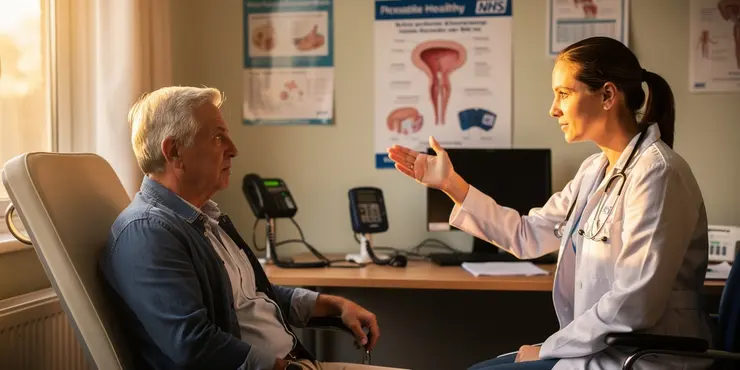
What is Prostate Cancer?
Relevance: 30%
-
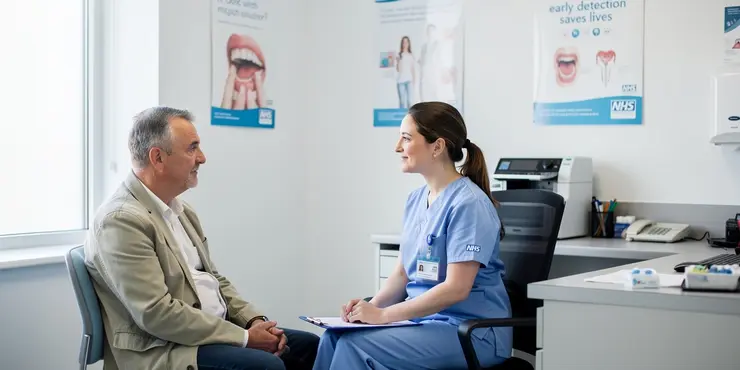
Mouth Cancer Awareness
Relevance: 30%
-
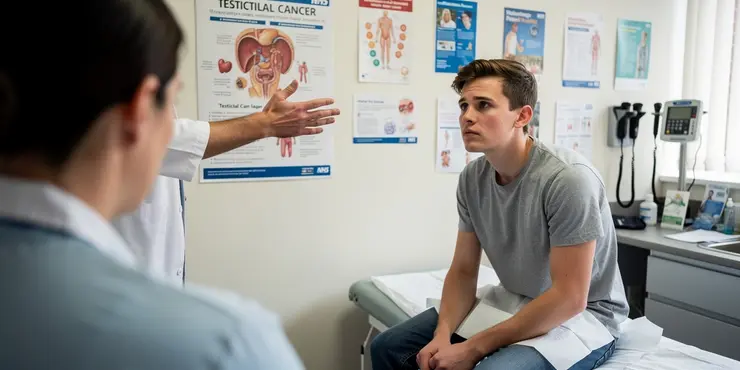
What is testicular cancer?
Relevance: 30%
-
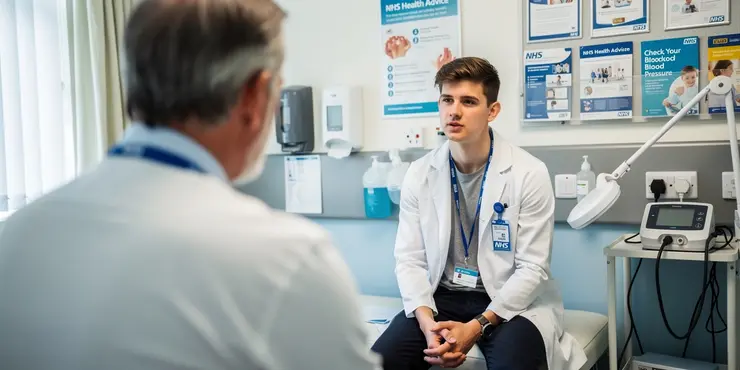
What is testicular cancer?
Relevance: 30%
-

Is testicular cancer treatable?
Relevance: 30%
-
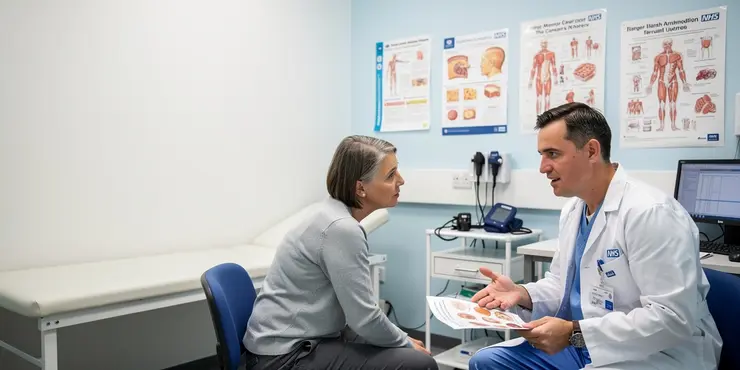
Skin cancer education
Relevance: 30%
-
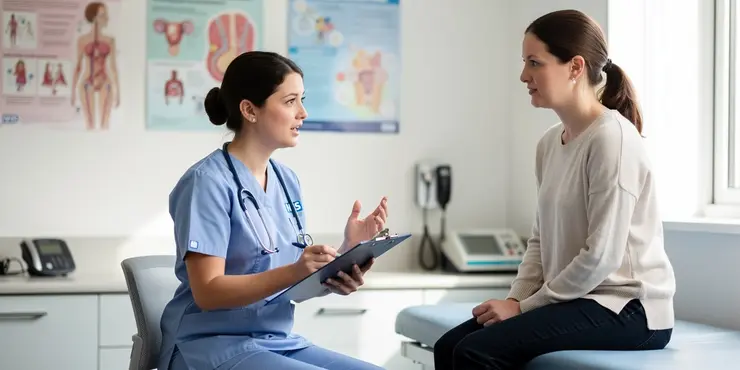
Why is a womb lining test performed?
Relevance: 30%
-
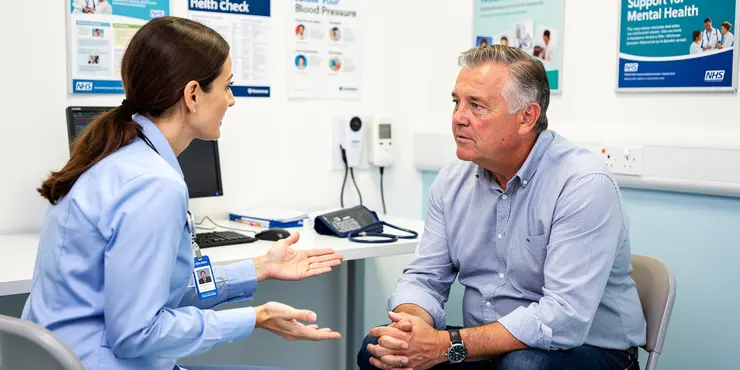
Living with prostate cancer
Relevance: 30%
-
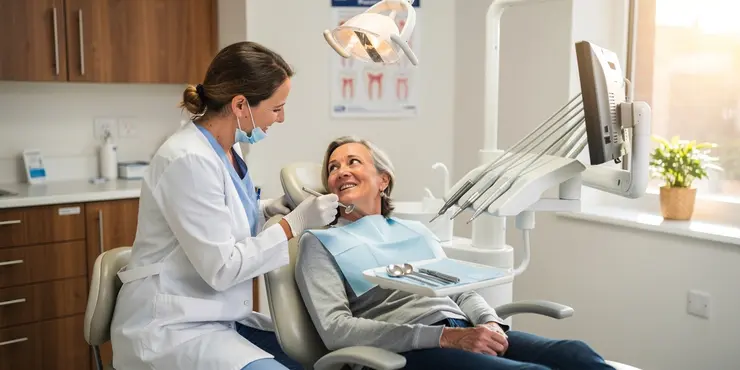
Mouth Cancer Infomercial
Relevance: 30%
-

What is Pancreatic Cancer?
Relevance: 30%
-
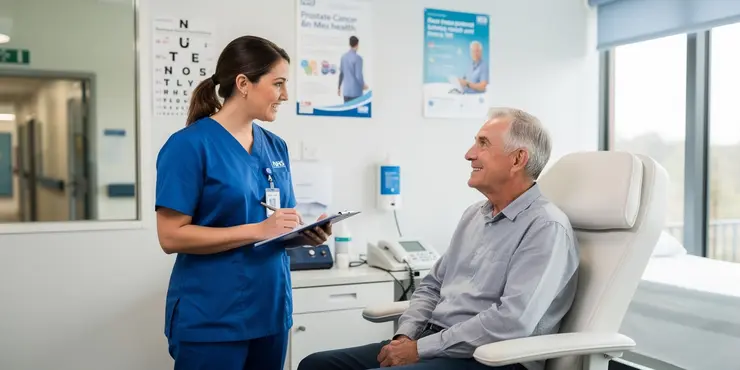
Breakthrough in Cancer Treatment Offers Hope for Prostate Cancer Patients
Relevance: 29%
-
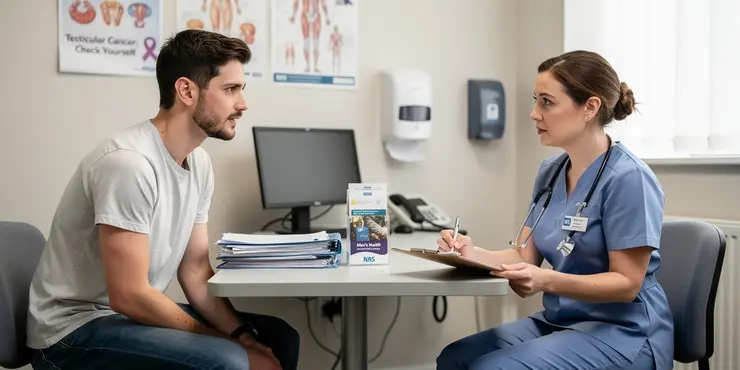
How common is testicular cancer?
Relevance: 29%
-
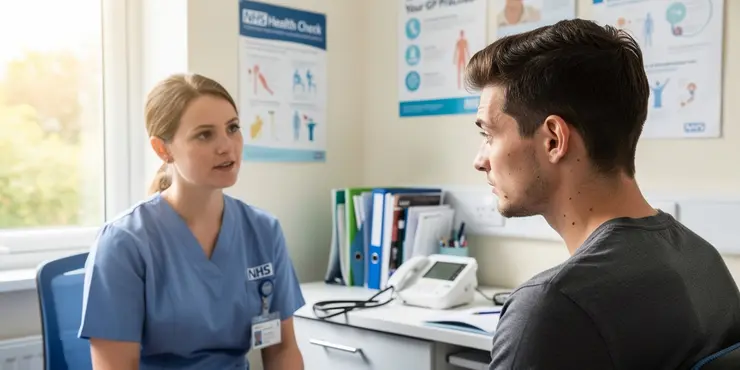
What causes testicular cancer?
Relevance: 29%
-
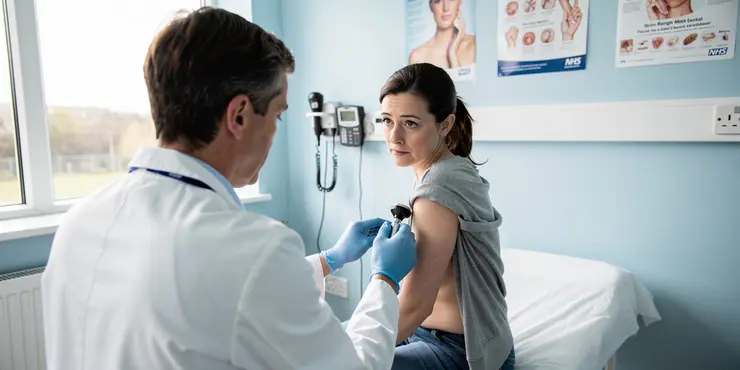
What is a skin cancer screening?
Relevance: 29%
-
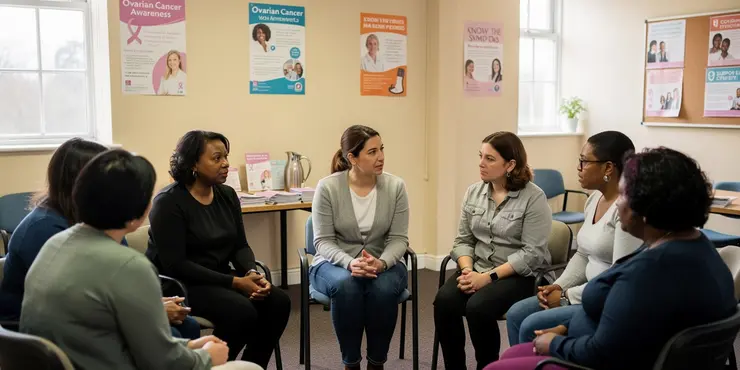
Raising awareness of ovarian cancer
Relevance: 29%
-
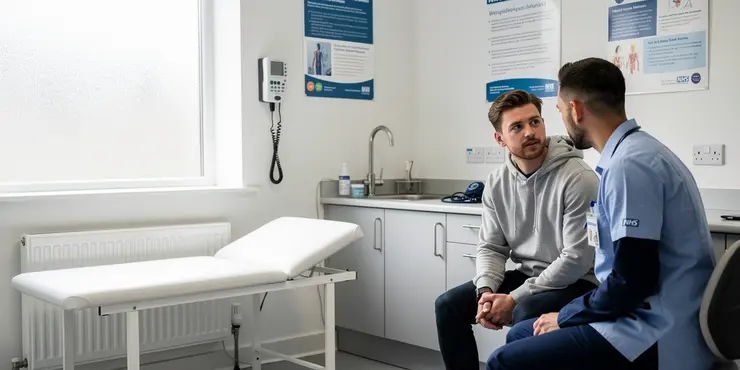
What are the stages of testicular cancer?
Relevance: 29%
-
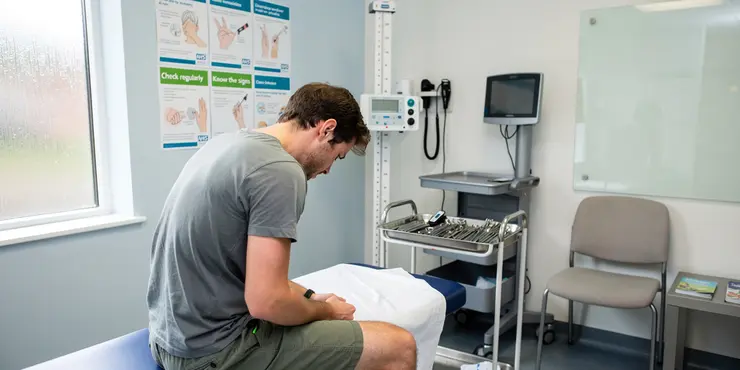
Who is at risk for testicular cancer?
Relevance: 29%
-
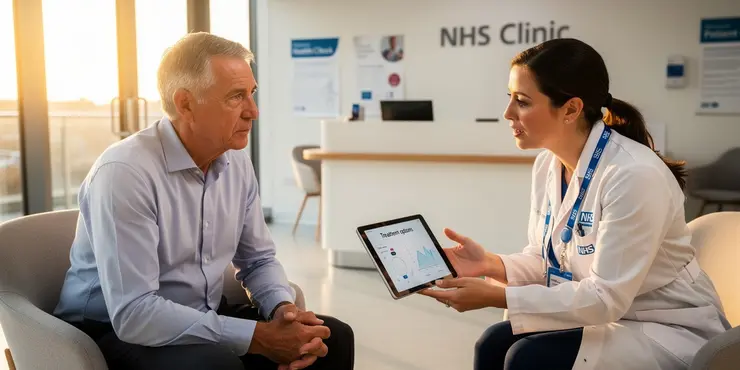
How is prostate cancer treated?
Relevance: 29%
-
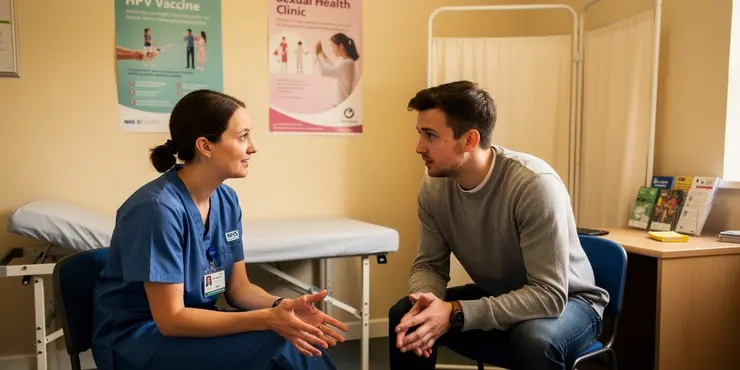
Can HPV lead to cancer?
Relevance: 29%
-
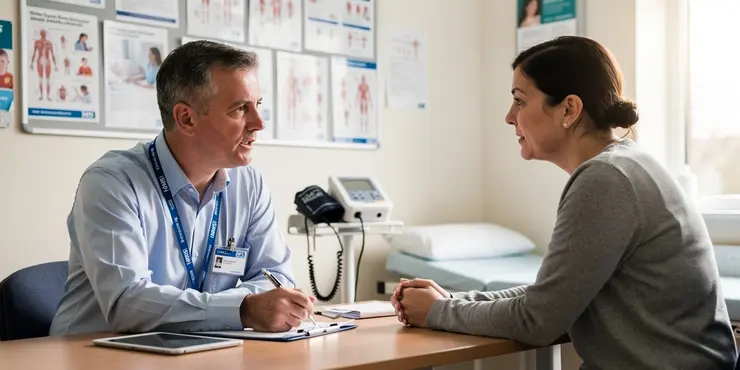
Why is there a surge in bowel cancer?
Relevance: 29%
-
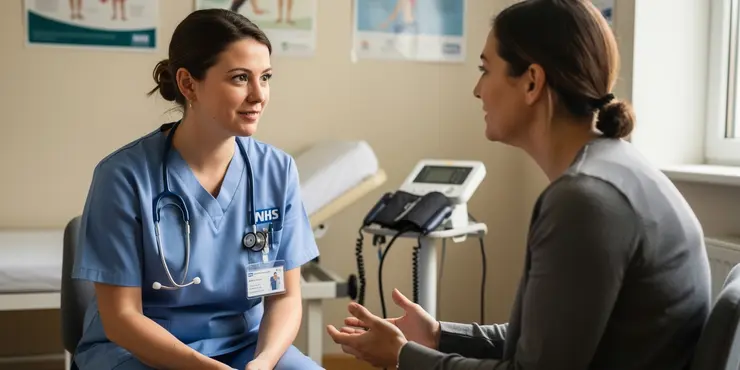
How common is bowel cancer?
Relevance: 29%
-

What are the symptoms of testicular cancer?
Relevance: 29%
-
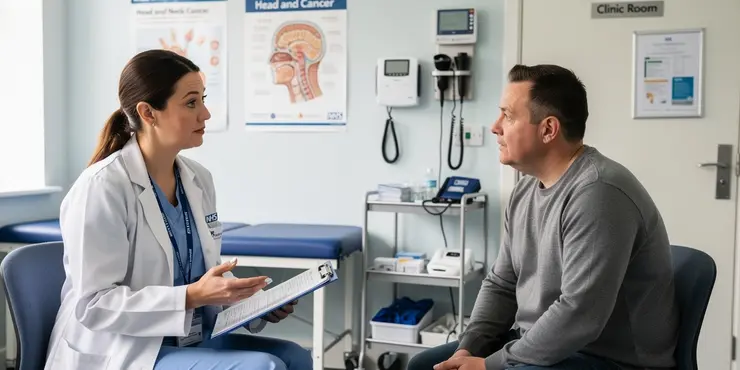
Head and Neck Cancer Diagnosis
Relevance: 29%
Understanding Endometrial Cancer
What is Endometrial Cancer?
Endometrial cancer is a type of cancer that begins in the lining of the uterus, known as the endometrium. It is one of the most common gynaecologic cancers, particularly affecting women who have gone through menopause. Although the exact cause is not fully understood, several risk factors have been identified.Risk Factors and Symptoms
Several risk factors can increase the likelihood of developing endometrial cancer. In the United Kingdom, these include obesity, hormone replacement therapy for menopause, taking tamoxifen for breast cancer, and a history of diabetes or hypertension. Symptoms often include abnormal vaginal bleeding, particularly postmenopausal bleeding, pelvic pain, and pain during intercourse.Diagnosis and Treatment
Diagnosis typically involves a combination of methods such as pelvic examination, ultrasound scans, and a biopsy of the endometrium. In some cases, an MRI or CT scan may be used to assess the spread of cancer. Treatment often involves surgery to remove the uterus, known as a hysterectomy. Additional treatments may include radiation therapy, hormone therapy, and chemotherapy, based on the cancer's stage and grade.Prevention and Early Detection
While it may not be possible to completely prevent endometrial cancer, early detection can significantly improve the outcome. Regular gynaecological check-ups and reporting unusual symptoms to your GP can be crucial. Maintaining a healthy weight and lifestyle can also reduce risk. For women with a significant family history of cancers, genetic counselling may be recommended.Support and Resources in the UK
Numerous resources are available in the UK for women diagnosed with endometrial cancer. Organizations such as Cancer Research UK and Macmillan Cancer Support provide valuable information and support services. The NHS offers comprehensive treatment and care options, ensuring that patients have access to the latest medical advancements and supportive care.Understanding Endometrial Cancer
What is Endometrial Cancer?
Endometrial cancer happens when bad cells start growing in the lining of a woman's womb. This lining is called the endometrium. It mostly affects women who are no longer having periods (called menopause). We don't know exactly what causes it, but there are things that make it more likely.Risk Factors and Symptoms
There are some things that can make it more likely to get endometrial cancer. These things include being very overweight, taking certain medicines for menopause, taking tamoxifen for breast cancer, and having diabetes or high blood pressure. Some signs of this cancer are unusual bleeding from the vagina, bleeding after menopause, pain in the lower belly, and pain during sex.Diagnosis and Treatment
To check for endometrial cancer, a doctor will do some tests. This can include a check-up, an ultrasound scan, and taking a tiny sample from the womb lining (called a biopsy). Sometimes they might do an MRI or CT scan to see if the cancer has spread. The main treatment is an operation to take out the womb, called a hysterectomy. Other treatments might include radiotherapy, special medicines, or chemotherapy, depending on how severe the cancer is.Prevention and Early Detection
We can't always stop endometrial cancer from happening, but catching it early can help a lot. It's important to see a women's health doctor often and tell a doctor if you notice anything strange. Keeping a healthy weight and lifestyle is also helpful. If your family has had lots of cancers, talking to a genetic expert might be a good idea.Support and Resources in the UK
There are many places in the UK that can help women with endometrial cancer. Groups like Cancer Research UK and Macmillan Cancer Support give useful information and help. The NHS has lots of treatment choices and care to make sure patients get the best help possible.Frequently Asked Questions
What is endometrial cancer?
Endometrial cancer is a type of cancer that begins in the lining of the uterus, called the endometrium.
What are the common symptoms of endometrial cancer?
Common symptoms include abnormal vaginal bleeding, pelvic pain, and pain during intercourse.
Who is at risk of developing endometrial cancer?
Women who are postmenopausal, have a history of irregular menstrual cycles, obesity, diabetes, or family history of cancer are at higher risk.
How is endometrial cancer diagnosed?
It is typically diagnosed through a pelvic exam, ultrasound, or an endometrial biopsy.
What stages are there in endometrial cancer?
Endometrial cancer is classified into stages I through IV depending on the extent of spread.
What treatment options are available for endometrial cancer?
Treatment options may include surgery, radiation therapy, hormone therapy, and chemotherapy.
Is endometrial cancer hereditary?
Certain genetic conditions like Lynch syndrome can increase the risk, but most cases are not hereditary.
How can endometrial cancer be prevented?
Maintaining a healthy weight, regular physical activity, and managing conditions like diabetes can help reduce risk.
What is the prognosis for endometrial cancer?
The prognosis depends on the stage at diagnosis, with early-stage detection generally having a better outcome.
What follow-up care is necessary after treatment for endometrial cancer?
Regular check-ups with your healthcare provider, which may include physical exams, imaging tests, and blood tests.
Can endometrial cancer recur?
Yes, it can recur. Regular monitoring post-treatment is essential for early detection of recurrence.
How does obesity affect the risk of endometrial cancer?
Obesity can increase risk due to higher levels of estrogen produced by excess fat tissue.
Is hormone replacement therapy (HRT) safe for women with a history of endometrial cancer?
HRT may increase the risk of recurrence and should be discussed thoroughly with your healthcare provider.
What lifestyle changes can help manage the risk of endometrial cancer?
Maintaining a healthy diet, regular exercise, and avoiding smoking can help manage risk.
Where can I find support if diagnosed with endometrial cancer?
There are numerous support groups and organisations in the UK, such as Cancer Research UK and Macmillan Cancer Support.
What is endometrial cancer?
Endometrial cancer is a type of cancer. It grows in the lining of the uterus (womb). The uterus is where a baby grows during pregnancy.
If you want help reading, you can:
- Ask someone to read with you.
- Use a reading app that reads out loud.
Endometrial cancer is a kind of sickness that starts in the lining inside the womb. This lining is called the endometrium.
What Signs Might Show Endometrial Cancer?
Endometrial cancer is a type of cancer that can affect the womb. It's important to know what signs to watch out for.
Here are some signs:
- Bleeding that isn’t usual, like bleeding between periods or after menopause.
- Pain in the belly or lower back that doesn't go away.
- Feeling tired all the time.
- Losing weight without trying.
If you notice these signs, tell a grown-up you trust or see a doctor. They can help you feel better.
Using a highlighter or making a list might help you remember these signs.
Some signs to look for are bleeding when it’s not your period, pain in your lower belly, and pain when you have sex.
Who can get endometrial cancer?
Some people have a higher chance of getting endometrial cancer. Here are some things that might mean someone has a higher chance:
- Being older, like 50 years old or more
- Having extra body weight
- Having family members who had the same cancer
- Taking some types of hormones
- Having a condition called PCOS
- Not having any children
If you are worried, talk to a doctor. It can help to ask questions and get regular check-ups.
Women who have stopped having periods because of menopause, have had uneven period patterns, are very overweight, have diabetes, or have family members with cancer are at a higher risk.
How do doctors find out if someone has endometrial cancer?
Doctors find out what's wrong by doing one of these: looking inside your body, using a special camera, or taking a small bit from inside you to check.
What are the stages of womb cancer?
The stages of womb cancer describe how much the cancer has spread in the body.
Here are the stages:
- Stage 1: The cancer is only in the womb.
- Stage 2: The cancer has spread to the neck of the womb.
- Stage 3: The cancer has spread outside the womb but is still in the pelvic area.
- Stage 4: The cancer has spread to other parts of the body.
If you or someone you know has trouble understanding this information, you might find it helpful to:
- Ask a doctor or nurse to explain in simple words.
- Use picture books or videos about cancer.
- Talk to a friend or family member for support.
Endometrial cancer has different stages. These stages are called I, II, III, and IV. The stage tells us how much the cancer has spread.
What are the treatments for womb cancer?
If you have cancer in the womb, there are ways to help. Here are some treatments:
- Surgery: Doctors might take out the womb with an operation.
- Radiation: Special rays can be used to kill cancer cells.
- Medicine: There are drugs that can help fight cancer.
Remember, doctors will help you choose the best treatment. You can ask questions if you do not understand. It's important to talk to your doctor about how you feel.
To help understand more, you can use:
- A trusted friend or family who can come to the doctor with you.
- Pictures or drawings that show how the treatments work.
Doctors can help in different ways. They might do an operation (surgery) to take out a tumor. They could use strong rays (radiation therapy) to stop the cancer. Sometimes, medicine can change hormones in the body (hormone therapy). There are also special drugs that fight cancer (chemotherapy).
Can you get endometrial cancer from your family?
Endometrial cancer can sometimes run in families. This means if your family members had it, you might have a higher chance of getting it too.
If you are worried, talk to a doctor. They can help you understand your risks better. You might also want to learn more about your family's health history.
Some tools can help you keep track of family health information. Try drawing a family tree or using apps that let you write down your family's health details. This can help you and your doctor see patterns more clearly.
Some health problems that run in families, like Lynch syndrome, can make it more likely to get sick. But most times, it doesn't come from your family.
How to Stop Endometrial Cancer
Here are some ways to help stop endometrial cancer:
- Keep a healthy weight. Eating good food and moving your body can help.
- Talk to your doctor about any medicine that might help.
- Know your body. Tell a doctor if you see any changes, like unusual bleeding.
- Ask your doctor about regular check-ups. This can help catch problems early.
- Think about using tools like a calendar or app to remember check-ups and healthy habits.
Keeping a healthy weight, moving your body often, and taking care of health problems like diabetes can help you stay healthy.
What will happen if someone has endometrial cancer?
Endometrial cancer is when cancer grows in the lining of the uterus, which is where a baby grows during pregnancy.
This is what can happen:
- Many people can get better with treatment.
- Doctors help by giving medicine and doing special procedures.
- Some people need to stay in the hospital for a while.
- It is important to visit the doctor regularly.
Support tools that can help:
- Family and friends can offer support and care.
- Joining a support group can help to share feelings.
- Using picture books can make it easier to understand.
- Talking to a nurse or doctor who can explain things simply.
The chances of getting better depend on when the problem is found. If it is found early, people usually get better more easily.
What care do you need after treatment for womb cancer?
After treatment for womb cancer, you still need to see your doctor.
Your doctor will check to make sure the cancer has not come back.
This is called follow-up care.
It is important to go to all your appointments.
Your doctor might do tests to look for cancer.
Bring someone with you for support if you like.
Keep a list of questions you want to ask the doctor.
Visit your doctor often. They might check you with body exams, take pictures of inside your body, or test your blood.
Can womb cancer come back?
Womb cancer can sometimes come back after treatment.
Here are some things that can help:
- Regular doctor check-ups.
- Talking to nurses or support groups about your worries.
- Keeping a healthy lifestyle.
Yes, it can come back. It's important to check regularly after treatment to find it early if it returns.
How can being very overweight change the chance of getting cancer in the womb?
If you are very overweight, it can make it more likely to get cancer in the womb. This type of cancer happens in the lining inside the womb.
Here are some tips to help understand better:
- Read slowly and ask someone to explain words that are hard.
- Use pictures or videos to see how being overweight can affect the body.
- Talk with a doctor or nurse if you have questions.
Being very overweight can make it more likely to get sick. This is because extra body fat makes more of a hormone called estrogen.
Is it safe for women who had endometrial cancer to have hormone replacement therapy (HRT)?
Hormone replacement therapy (HRT) is a treatment that some women use. If you had endometrial cancer, talk to your doctor about HRT. It is important to see if it is safe for you.
Here are some things that can help you:
- Talk to your doctor. Ask lots of questions.
- If you do not understand, ask your doctor to explain.
- You can ask for a second doctor's opinion.
- You can take a friend or family member with you to the doctor. They can help you remember what the doctor said.
- Read easy books or watch videos about HRT and endometrial cancer.
Taking HRT medicine might make cancer come back. It is important to talk to your doctor about this.
How can you change your lifestyle to lower the risk of endometrial cancer?
Here are some tips to help lower the risk:
- Eat Healthy: Try to eat a lot of fruits and vegetables. They are good for you.
- Stay Active: Do activities like walking or playing outside to keep your body moving.
- Keep a Healthy Weight: Try to stay at a weight that is good for your body.
- Talk to a Doctor: If you have questions or worries, speak with a doctor who can help you.
You can also use picture charts or apps to remember these tips.
Eating good food, moving your body, and not smoking can help you stay healthy.
Where can I get help if I have endometrial cancer?
If you find out you have endometrial cancer, there are places and people who can help you. Here’s what you can do:
- Doctors and Nurses: Talk to your doctor. They know a lot about cancer and can tell you what to do next.
- Family and Friends: Tell your family and friends. They can support you and help you feel better.
- Cancer Support Groups: Join a group where people talk about cancer. It can help to meet others who understand how you feel.
- Online Support: Look for websites that talk about cancer. They have lots of good information and advice.
Remember, you are not alone. There are many people ready to help you.
There are many groups in the UK that can help, like Cancer Research UK and Macmillan Cancer Support. These groups give support to people with cancer.
Useful Links
This website offers general information and is not a substitute for professional advice.
Always seek guidance from qualified professionals.
If you have any medical concerns or need urgent help, contact a healthcare professional or emergency services immediately.
Some of this content was generated with AI assistance. We’ve done our best to keep it accurate, helpful, and human-friendly.
- Ergsy carfully checks the information in the videos we provide here.
- Videos shown by Youtube after a video has completed, have NOT been reviewed by ERGSY.
- To view, click the arrow in centre of video.
- Most of the videos you find here will have subtitles and/or closed captions available.
- You may need to turn these on, and choose your preferred language.
- Go to the video you'd like to watch.
- If closed captions (CC) are available, settings will be visible on the bottom right of the video player.
- To turn on Captions, click settings .
- To turn off Captions, click settings again.
More Items From Ergsy search
-

Endometrial Cancer
Relevance: 100%
-

Endometrial Cancer
Relevance: 100%
-

Endometrial Cancer
Relevance: 98%
-

Can a womb lining test detect cancer?
Relevance: 54%
-

Can a womb lining test detect cancer?
Relevance: 46%
-

Taking a Genetic Family History - The Conversation (Bowel Cancer)
Relevance: 34%
-

What is Cancer?
Relevance: 31%
-

Ovarian Cancer
Relevance: 31%
-

Vaginal Cancer
Relevance: 31%
-

Vulval Cancer
Relevance: 31%
-

What is the difference between colon cancer and rectal cancer?
Relevance: 31%
-

What is cancer screening?
Relevance: 30%
-
What is testicular cancer?
Relevance: 30%
-

Why might someone need a womb lining test?
Relevance: 30%
-

What is colorectal cancer?
Relevance: 30%
-

What is Bowel Cancer?
Relevance: 30%
-

Treating prostate cancer
Relevance: 30%
-

What is Prostate Cancer?
Relevance: 30%
-

Mouth Cancer Awareness
Relevance: 30%
-

What is testicular cancer?
Relevance: 30%
-

What is testicular cancer?
Relevance: 30%
-

Is testicular cancer treatable?
Relevance: 30%
-

Skin cancer education
Relevance: 30%
-

Why is a womb lining test performed?
Relevance: 30%
-

Living with prostate cancer
Relevance: 30%
-

Mouth Cancer Infomercial
Relevance: 30%
-

What is Pancreatic Cancer?
Relevance: 30%
-

Breakthrough in Cancer Treatment Offers Hope for Prostate Cancer Patients
Relevance: 29%
-

How common is testicular cancer?
Relevance: 29%
-

What causes testicular cancer?
Relevance: 29%
-

What is a skin cancer screening?
Relevance: 29%
-

Raising awareness of ovarian cancer
Relevance: 29%
-

What are the stages of testicular cancer?
Relevance: 29%
-

Who is at risk for testicular cancer?
Relevance: 29%
-

How is prostate cancer treated?
Relevance: 29%
-

Can HPV lead to cancer?
Relevance: 29%
-

Why is there a surge in bowel cancer?
Relevance: 29%
-

How common is bowel cancer?
Relevance: 29%
-

What are the symptoms of testicular cancer?
Relevance: 29%
-

Head and Neck Cancer Diagnosis
Relevance: 29%


